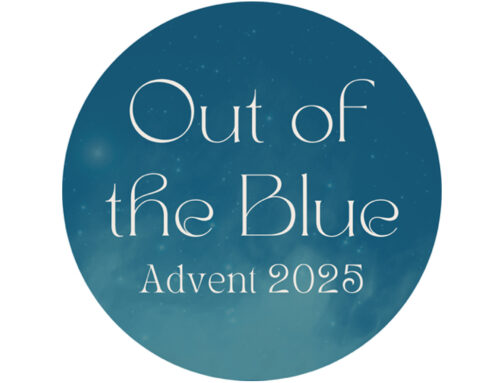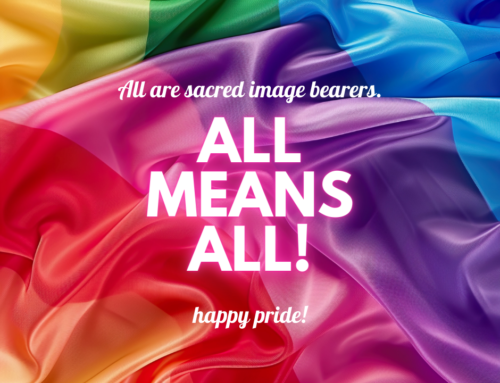Today, just before I sat down to write a Pastor’s Desk, I read a bit of the news. A dangerous task, sometimes. Today, I read about homelessness in our beloved Spokane. I have been following the contentious fight around Camp Hope. I read about the ongoing fight for freedom in Iran and the execution of a young man for his involvement in protests for women’s rights. More political discord.
But there was really good news tucked into the folds as well. I also read that Brittney Griner is coming home after a harrowing 10 months of imprisonment in Russia. And that in a bipartisan effort, both the House and Senate have passed a law that federally protects same-sex marriage.
One of my favorite stories is The Lord of the Rings. The books and movies are deeply moving and have captured my imagination for many years. It tells the story of Frodo, an ordinary hobbit, and his companions as they take on the duty of destroying an object of great evil and great power by flinging it into the fires that created it. If they fail, their world will be plunged into darkness and destruction. If they succeed, goodness will have won, and healing will overtake the land. Here’s the catch, no one would think to choose a hobbit for such a task. A hobbit is a mythical creature that is much like a human except they only grow to 3-4 feet in height. Beyond that, they are a people that favor the simple life of farming and staying in their hometowns and disparage adventure. Most of us would probably choose a more traditional hero for our story.
But Tolkien, a devoted follower of Christ, understood the danger of idolizing “traditional” heroes. He knew that in the Bible, again and again, that God rarely chooses the traditional heroes. Instead, God lifts up those that Tolkien refers to as Christian heroes. The losers, the humble, the impoverished, the discarded and overlooked. Like Noah and Moses. Or Ruth and Esther. Or Jonah and Hannah. Like Mary and Joseph.
Like Jesus—the one Paul refers to as the Perfect Picture of the Invisible God. The Promised Messiah and Savior is not a traditional hero in a cape with a weapon of great power. Instead, he is a carpenter. A meek and humble leader who seeks out the weak and rejected instead of the powerful. Who slept without a home or shelter for much of his ministry. Who preached the Love of God.
This is the one the Scriptures call The Good News—Jesus. God’s promises are sealed with God’s Own Child, taking on flesh and bone. Becoming forever, God With Us.
There are days where the darkness and sorrow of the world feels as though they are going to overwhelm us. There are days where we are caught up in the consumerism of this season, in the drive for more stuff. Yet the Good News is not found in drowning those sorrows in gifts, wine, or the curating the perfect Christmas Card family.
It’s found in God breaking into our world—in the moments of justice winning out; moments of dignity and joy; moments of reconciliation in place of cycles of revenge. God is found in moments of solidarity with the marginalized. In fields and mountains blanketed with snow, being slowly savored by those with eyes to see them. In a child (or adult) finding delight in twinkling lights. In families, whether by blood or by choice, taking time to love each other, whether with packages or not. God is found wherever love wins out.
The Good News is a lot more like an unexpected hobbit volunteering to do the right thing than like a superhero blasting their way into a room of villains. The Good News of Jesus is the slow and steady goodness of planting and cultivating gardens that we may never see the fruit of. As we near Christmas and the celebration of Christ Jesus’ birth among us, may we practice turning from looking for the expected hero and instead begin to look for God in hobbit holes and unexpected corners.
– Pastor Megan





